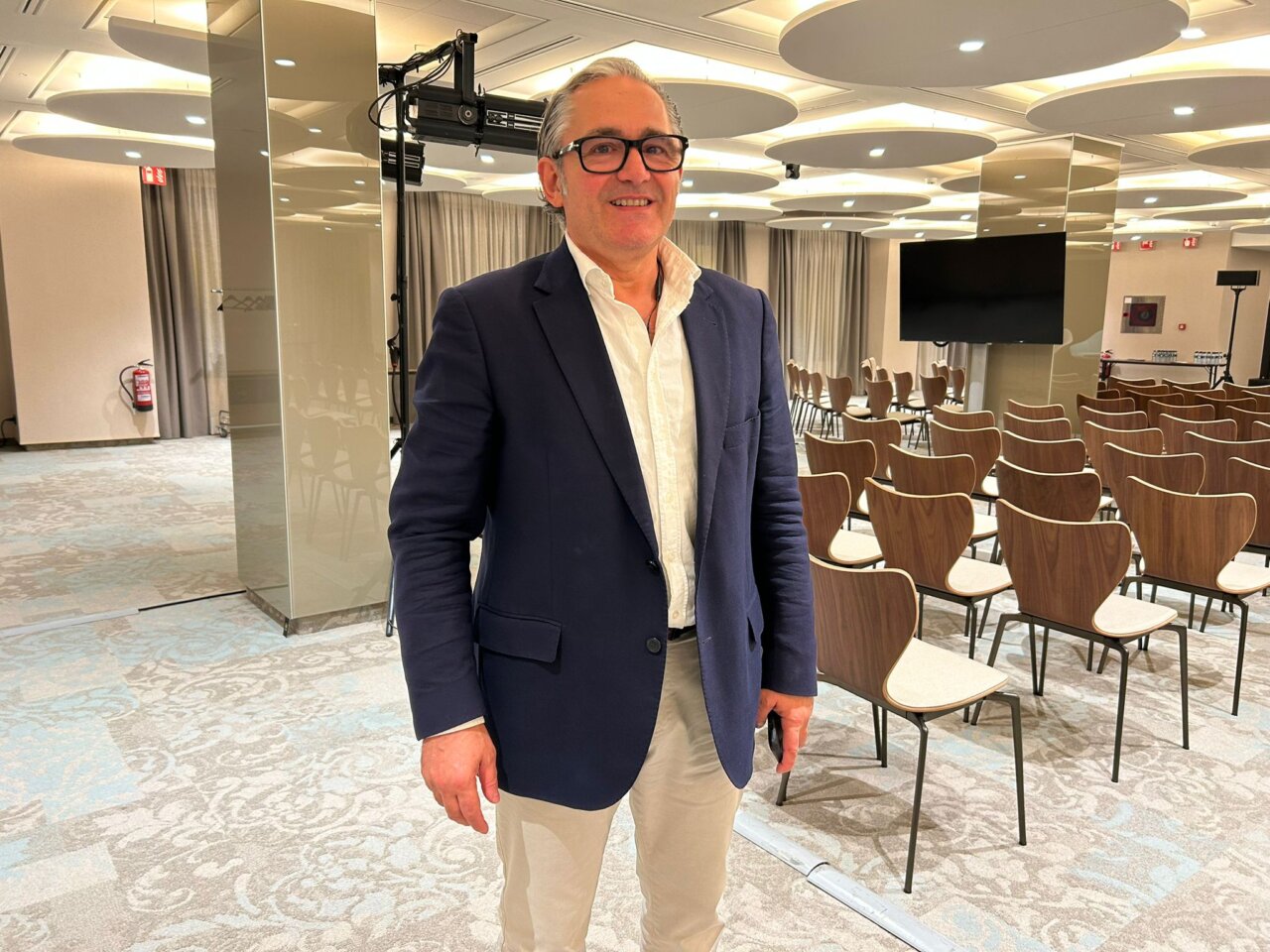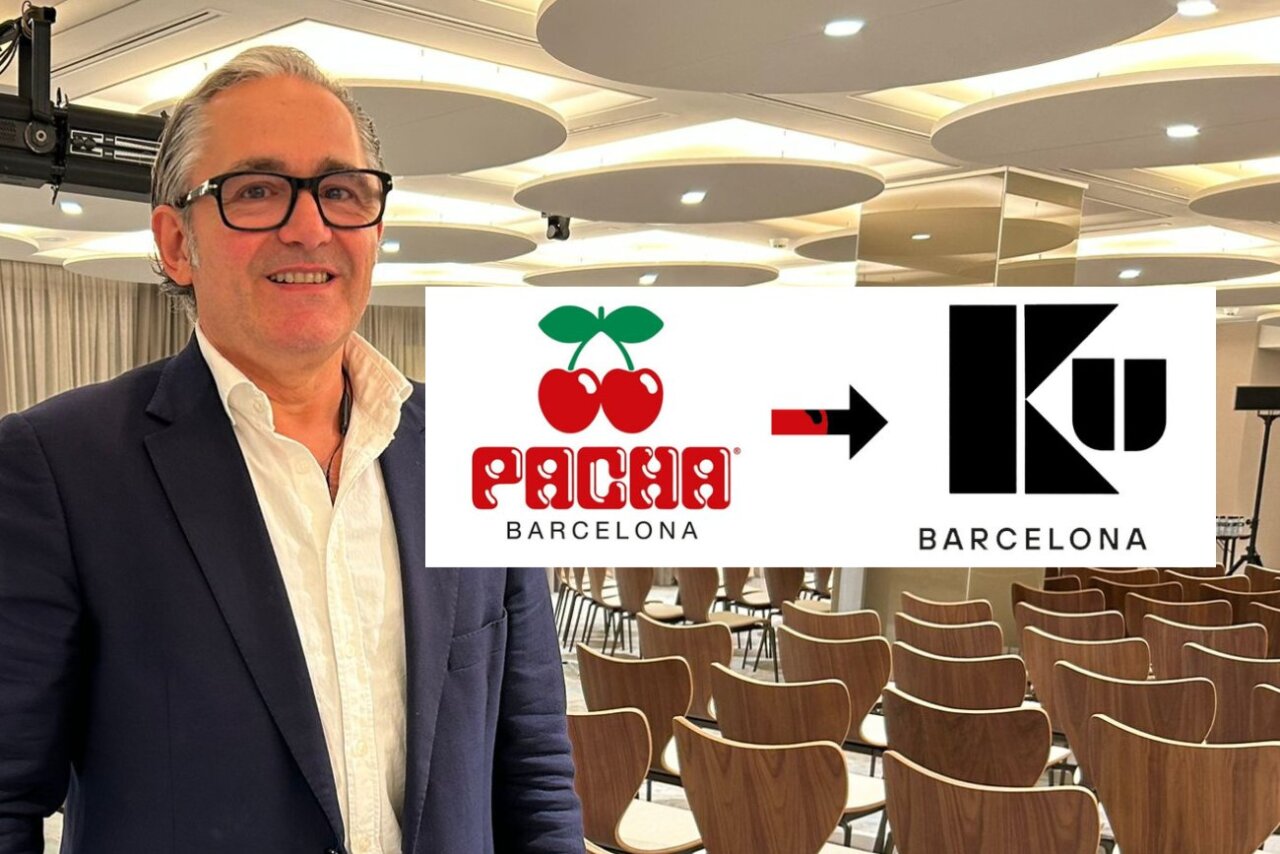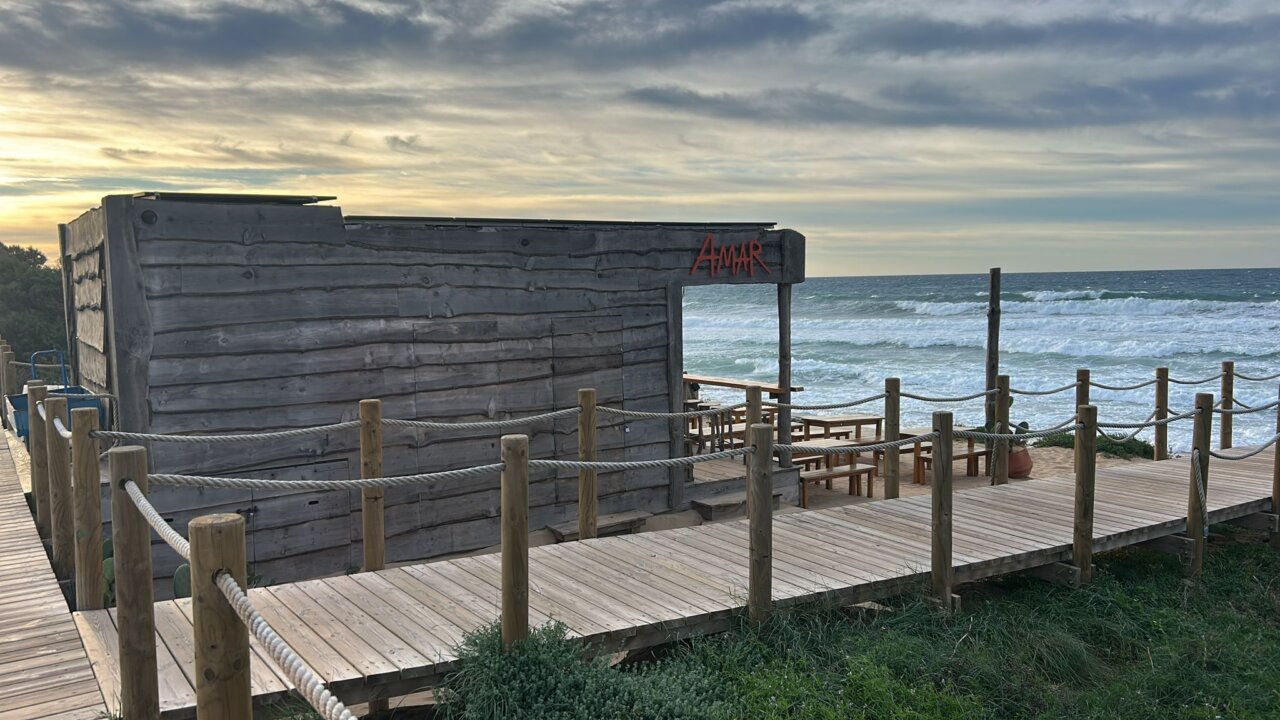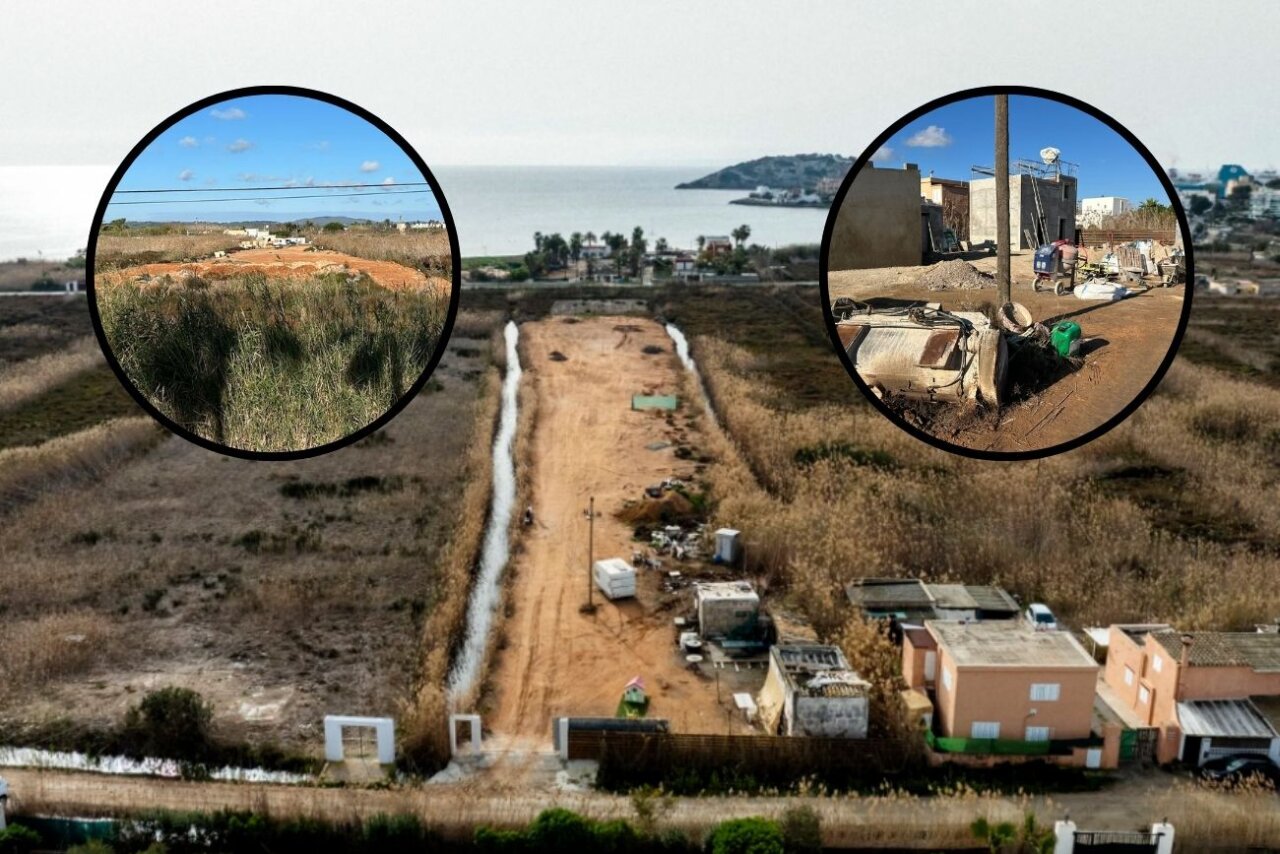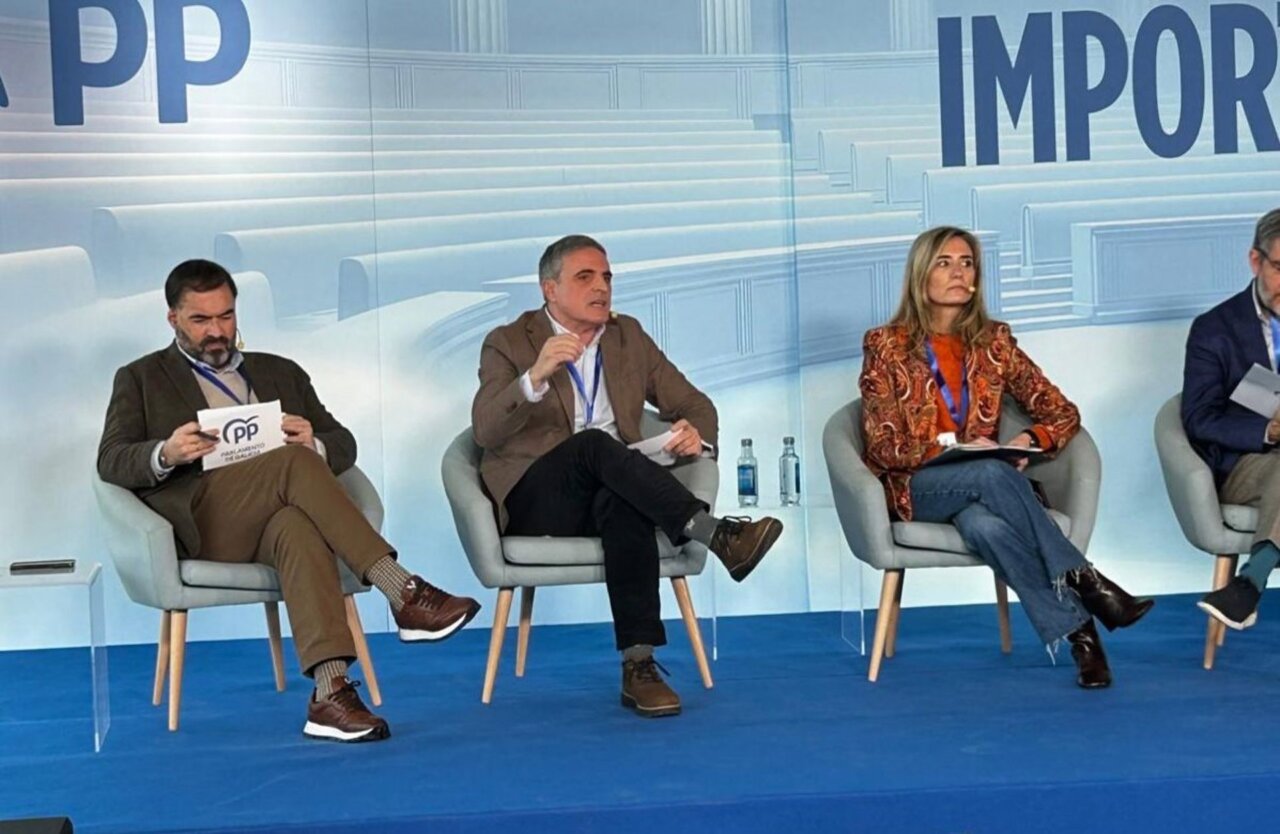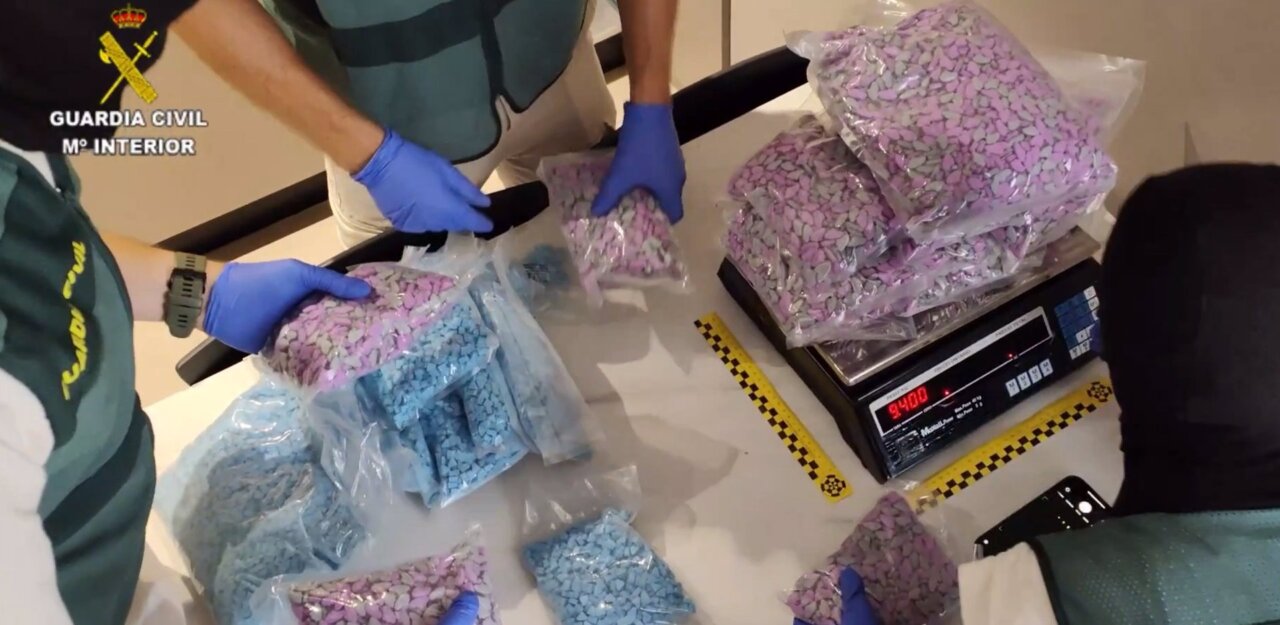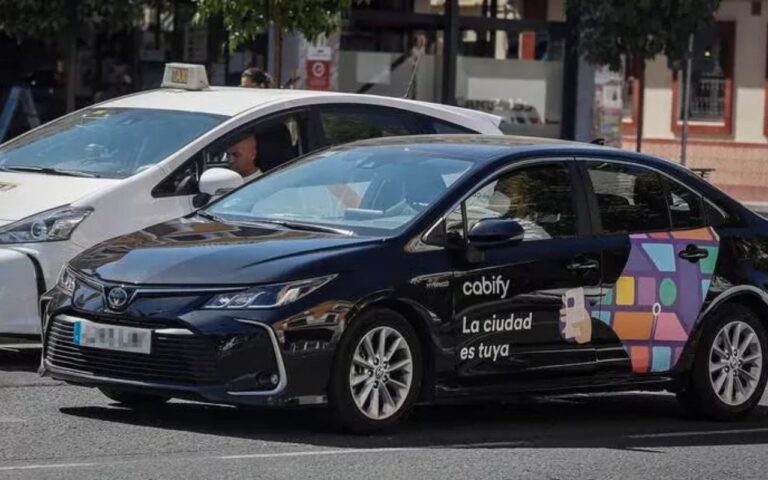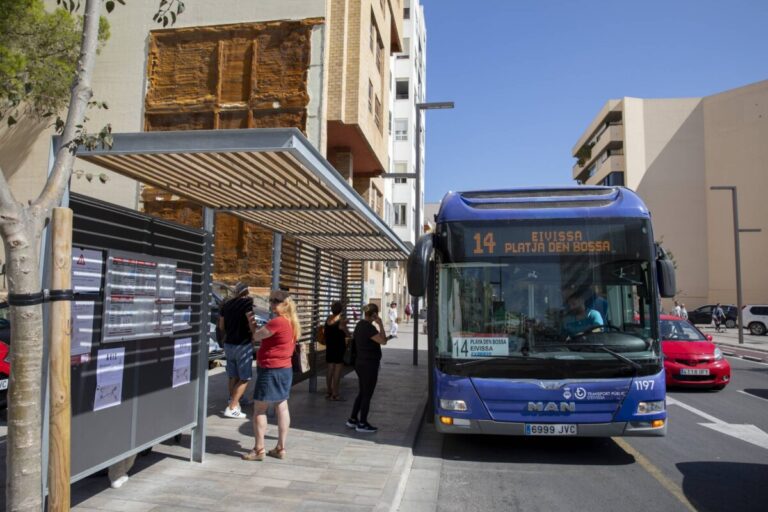Costa Este, one of the most legendary nightlife groups in Spain, has confirmed the end of its Pachá Barcelona franchise after a decade of collaboration. The venue, located next to Opium, the group’s nightclub, on the city’s seafront, was reborn in October of this year under the brand name of another legendary brand linked to Ibiza and which represents the recovery of the historic label linked to the collective memory of Ibiza’s nights: KU Barcelona .
In the context of the 10th International Congress of Nightlife, which has gathered this week in Valencia experts, institutions and operators from around the world to analyze the challenges of the sector, David Lopez, deputy director of Costa Este, explains in detail and exclusively to La Voz de Ibiza the reasons for the change and reflects on the evolution of Pacha after the purchase first by the still owner of Lío Ibiza, Trilantic and then Five Holding. Pacha Ibiza has not wanted to comment on the news.
Costa Este breaks up with Pacha: “We wondered what was really in it for us to have two cherries at the door”.
Costa Este opened its Pachá Barcelona franchise in 2015, after years of consolidating its presence on the seafront. López recalls that he had been with the group for 16 years, and when the opportunity arose to open a new location next to Opium, they opted to franchise the cherry brand to avoid internal cannibalization.
“We had already been in the area of Barcelona’s Maritime Front since 2007 with the Opium brand, and then the opportunity arose in 2015 to open a new location next to Opium,” he explains.
At that time, Pacha represented a strategic solution: “We took the easy path of choosing to franchise with Pacha, because that provided us with guidelines at the level of decoration, at the level of operation, at the level of image, at the level of concept, which we wanted to avoid confrontation with Opium“.
Somehow, they aspired to become an extension of the mythical Ibiza venue in winter and take advantage of synergies when booking artists and configuring posters. This was not the case.
“Then comes the time to renew the contract, and then you ask yourself: What do we do now? Is it worth it? And the conclusion is clear: having a sign with some cherries on it doesn’t pay off.
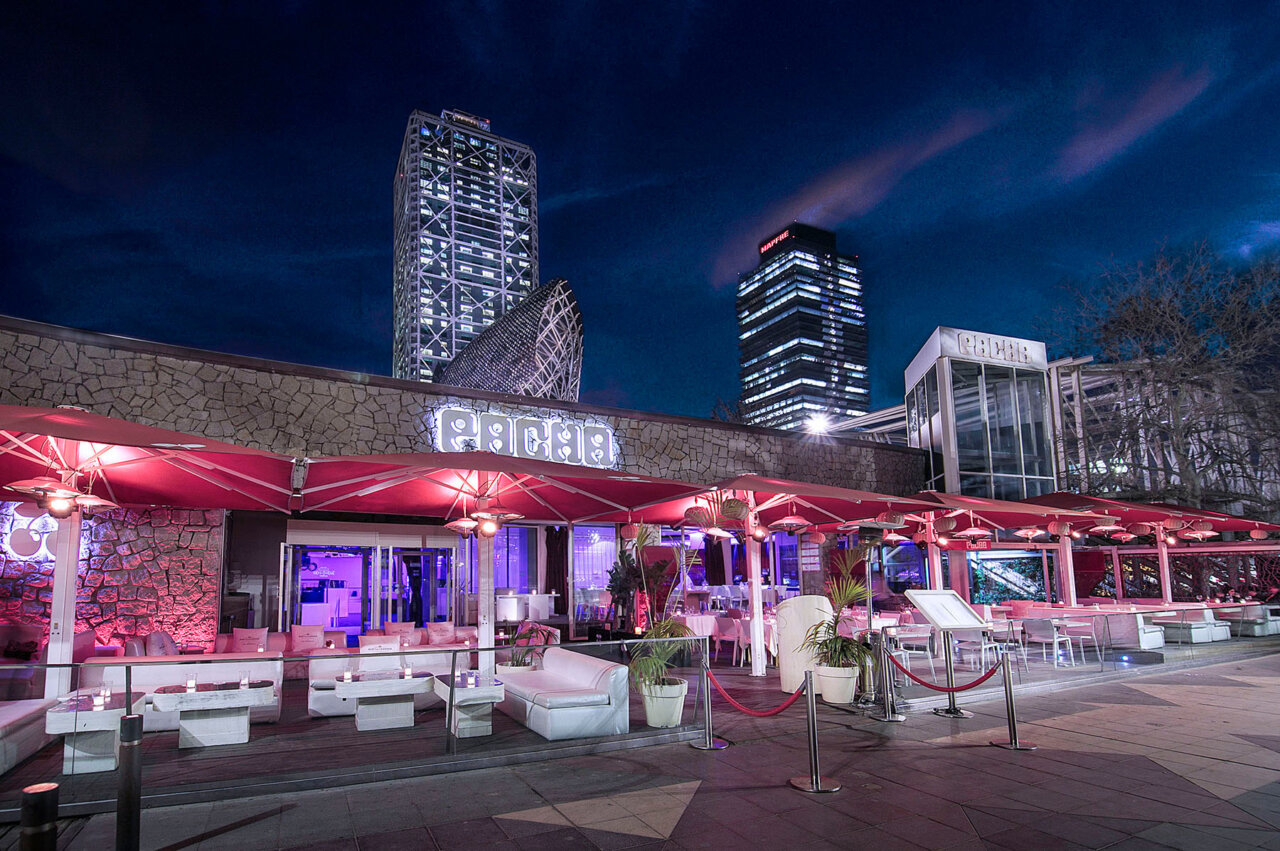
The expectations with Pacha that never arrived
One of the reasons for the estrangement has to do with initial expectations that were not met. Lopez explains that the franchise was signed expecting a real operational link with Ibiza. “We thought that in the low season we could receive many of the activities or parties, artists, etc., that Ibiza had during the summer, and that somehow we could be the base of operations in winter.”
That, he says, was discussed with the founder of the empire Ricardo Urgell and with the family: “We had talked to Ricardo Urgell at the time and that predisposition existed“. But the situation changed after the sale of the group: “We were working on this when the sale to the Trilantic group took place, and then all this was diluted“.
With the subsequent sale to Five Holdings (current owner of Grupo Pacha), the dynamics did not pick up again either. Costa Este continued to operate the premises successfully, but without receiving any relevant external input, according to López.
The loss of essence of the Pacha brand
The interviewee argues that the corporate change – from a family-owned brand to a brand managed by investment funds – has had profound consequences on Pacha’s identity.
“Pacha is a brand that in some way was a seal of identity that was very united and very marked by the personality and the person of Ricardo Urgell. They were subject and predicate practically one of the other. “, he says.
From this perspective, López points out that the entry of a fund alters the original philosophy: “When the group undergoes a change and enters into what would be a more formal management, into what would be a business concept, such as that of an investment fund, which has to give results accounts and explanations to its shareholders, that casual, so human, so different point of view that Ricardo Urgell could perhaps impregnate, is lost“.
And he makes a blunt comparison: “So what is the difference between Pacha and any other slightly relevant brand in the whole world. Take me a nightclub in Las Vegas and tell me what the difference is between the nightclub in Las Vegas and the Pacha of today”.
Barcelona and the resurrection of KU
After terminating the contract with Pacha, Costa Este was faced with a strategic decision: continue as its own brand or adopt a pre-existing banner. The answer came in the form of an unexpected proposal. “The opportunity arose to say, hey, why can’t we leverage the KU brand? Whoever has it is willing to offer it to us and work out a good deal. “. López refers to Santiago Llorensformer director of Pacha in Madrid and Barcelona and CEO of Grupo KU.
The decision was not only economic, but also symbolic. “It has a sentimental value, because it is a brand that also has its origin in Ibiza and that somehow coexisted for many years with Pachá, being a little bit Pacha’s competition or being the alternative to Pacha“.
The interviewee admits that the new generations no longer remember what KU was, an emblematic venue located in what is now UNVRS and was formerly Privilege, and that rebuilding that imaginary will be a job from scratch: “You say to the new generations: do you know what KU is? and they don’t know what you are talking about “.
However, he also recognizes that the store was already functioning thanks to his own work, which facilitated the change: “Since we were really doing relatively well with our own direct efforts, the name change didn’t cause us much of a problem.

East Coast: a philosophy that explains the decision
To understand the positioning of Costa Este, López recalls how it started: “Our group was born from the perspective of two brothers, Javier and Ramón Bordas, who when they were young started their career setting up a tent in Calella thinking about the people who come to spend the summer“.
That naturalness, he says, generated a special magic: “Sometimes when things are done that way is when they have magic and that magic is what creates that identity. That is why, he says, purely financial models can dilute the essence: “When Pacha is sold to Trilantic, it is already denaturalized“.
Clubbing culture and its epochal change
The interview takes a more sociological turn when López analyzes how the concept of disco has evolved. His reading connects with the memory of Ibiza’s nightlife. “Nightlife was born as being a meeting center where people socialize, where people meet, where people get to know each other,” he recalls.
In that original model, the protagonist was the resident DJ: “It was usually the resident who ended up winning over the audience, working those loyal customers night after night“. Then came the changes: “The figure of the guest DJ appeared,” he says, and with him came international promoters, especially the British in Ibiza, who began to manage specific nights.
That process led to a new paradigm: “I go to a place because so-and-so is coming to play today. You don’t care if it’s called KU, if it’s called Pacha or whatever it’s called. “. And López’s conclusion is categorical: “The essence of the club concept has been lost a bit… It’s a new paradigm and we have to learn to live with it.
